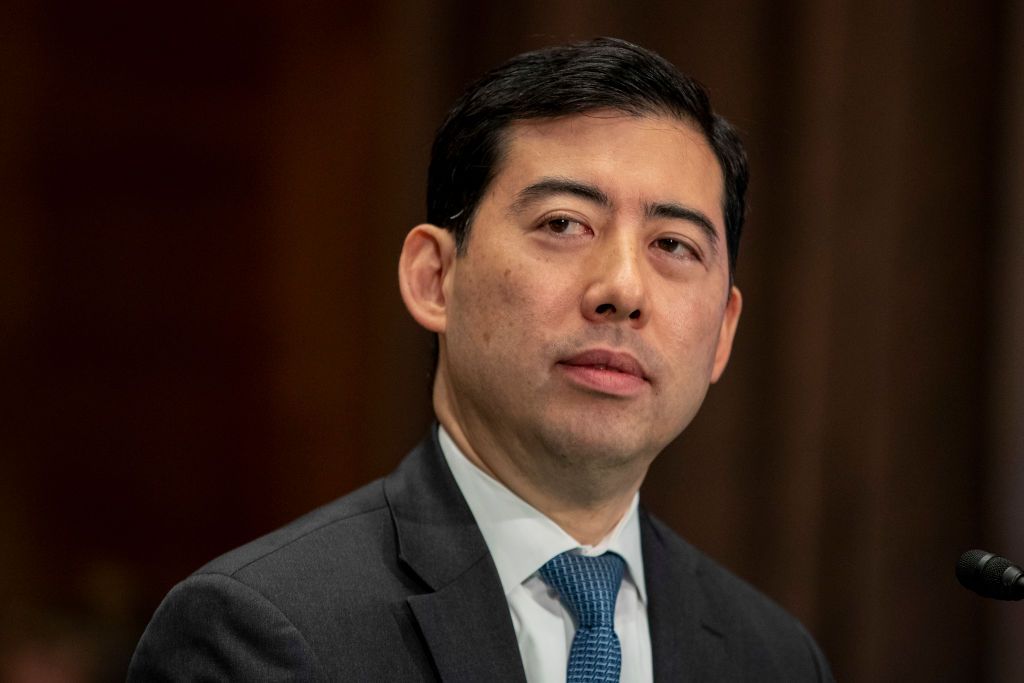Transforming Financial Regulation: A Shift Towards Flexibility and Innovation
The Need for Reform
U.S. financial markets have long been plagued by a patchwork of outdated, overly complex, and paternalistic rules. The government’s failure to establish a regulatory regime for digital assets, coupled with its aggressive persecution of the industry, has stifled innovation. As a result, the rest of the world has surged ahead, leaving the U.S. behind.
A New Era of Regulation
Under President Trump’s leadership, the U.S. is poised to embark on a historic shift. His “largest deregulation campaign in history” and “revolution of common sense” offer a rare opportunity to remove artificial boundaries, retire antiquated philosophies, and rethink our approach to regulating financial markets and digital asset ecosystems.
Principles Over Prescriptions
Regulators and market participants often become bogged down in the minutiae of prescriptive laws, missing their core intent. We propose a simpler approach, reminiscent of Securities and Exchange Commission Chairman Harvey Pitt’s vision for developing guiding principles for our markets.
The “Ten Commandments” of Market Conduct
- Thou shalt disclose material information. Full and fair disclosure is the crux of the securities laws. Issuers must provide truthful, complete, and nondeceptive material information to investors so they can make informed financial decisions. Concealing or misrepresenting critical information that impacts profit expectations undermines trust and market integrity.
- Thou shalt not deceive or manipulate. Fraud and market manipulation distort securities’ true value, harming investors and the market. Preventing deceptive practices helps ensure fairness.
- Thou shalt not trade on material nonpublic information. Insider trading gives an unfair advantage to those with access to confidential information. This ensures a fair playing field for all market participants.
- Thou shalt tell the truth about your financial health. Financial statements must be accurate and transparent, reflecting a company’s true financial condition, so investors can accurately assess risks and make informed financial decisions.
- Thou shalt treat all investors equally. All investors must have equal access to material information and opportunities. This ensures fairness and prevents insider advantages and discriminatory practices.
- Thou shalt reveal the risks involved. Investors must be informed of the risks associated with their investments so they can make choices aligned with their financial goals and risk tolerance.
- Thou shalt act in accordance with your duties to others. Market participants who owe obligations of trust and responsibility, such as financial professionals and corporate directors, must act in the interests of their clients and shareholders, not for their own personal gain.
- Thou shalt strive to avoid conflicts of interest, but if some are unavoidable, thou shalt disclose them. Market participants should avoid or minimize conflicts of interest, but if unavoidable, conflicts must be disclosed. Transparency allows investors to make decisions with an understanding of potential biases and preserves trust.
- Thou shalt ensure fair and transparent markets. Markets must operate on the basis of true supply and demand, free from artificial distortions. This promotes trust and fair pricing.
- Thou shalt promote efficient and orderly markets. Markets must operate smoothly, with transparent pricing and equal access for all participants. This fosters market stability and investor trust.
Conclusion
The proposed “Ten Commandments” of market conduct provide a framework for regulators and market participants to work together, promoting a shift towards flexibility, innovation, and fairness. By focusing on principles rather than prescriptive laws, we can create adaptable regulatory frameworks that keep pace with technological advancements and avoid the constraints of outdated laws.
FAQs
Q: What are the key principles of the “Ten Commandments”?
A: The key principles include full and fair disclosure, preventing deceptive practices, ensuring equal access to material information, and promoting fair and transparent markets.
Q: Why is it necessary to reform financial regulation?
A: The current patchwork of outdated, overly complex, and paternalistic rules has stifled innovation and left the U.S. behind in the global financial market.
Q: How will this reform benefit the financial industry and investors?
A: The proposed reforms will promote fairness, transparency, and efficiency, allowing investors to make informed financial decisions and the financial industry to innovate and thrive.
Q: What is the role of the Securities and Exchange Commission in this reform?
A: The Securities and Exchange Commission plays a crucial role in developing guiding principles for our markets, promoting transparency, and ensuring fairness and efficiency in financial markets.
Q: How will this reform affect the digital asset industry?
A: The proposed reforms will provide clarity and certainty for the digital asset industry, promoting innovation and investment in this emerging market.










